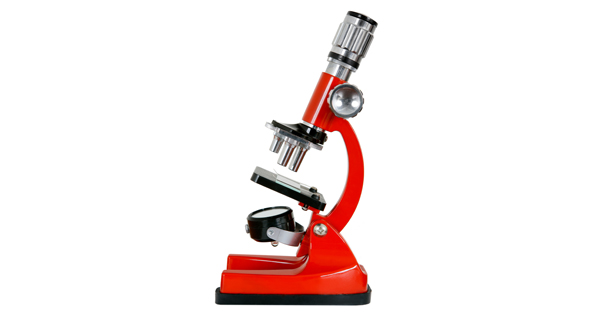

Numerous studies with various designs point toward a strong link between animal protein consumption and prostate cancer. As one reviewer wrote (citing two dozen studies to make the point), “In ecologic data, correlations exist between per capita meat and dairy consumption and prostate cancer mortality rate. In case-control and prospective studies, the major contributors of animal protein, meats, dairy products, and eggs have frequently been associated with a higher risk of prostate cancer.”[1]
In The China Study, we discussed many mechanisms by which animal protein contributes to cancer development.[2] One of these mechanisms involves the hormone insulin-like growth factor 1 (IGF-1):
Under unhealthy conditions . . . IGF-1 becomes more active, increasing the birth and growth of new cells while simultaneously inhibiting the removal of old cells, both of which favor the development of cancer [7 studies cited] . . . Consuming animal-based foods increases the blood levels of this growth hormone, IGF-1 [3 studies cited].
With regard to prostate cancer, people with higher than normal blood levels of IGF-1 have been shown to have 5.1 times the risk of advanced-stage prostate cancer . . . When men also have low blood levels of a protein that binds and inactivates IGF-1 [1 study cited], they will have 9.5 times the risk of advanced stage prostate cancer . . . Fundamental to this finding is the fact that we make more IGF-1 when we consume animal-based food like meat [3 studies cited].
This analysis draws on multiple studies, including both observational data and mechanistic explanations. In effect, it is far more reliable than citing an occasional study. Also impressive is that it refers to a general property of a group of foods, in this case animal-based foods. Finally, a more than fivefold increased risk, much less a more than ninefold increase, is quite significant.
The same analysis largely applies to breast cancer too. The relationship between breast cancer rates in various countries and the consumption of animal-based foods is very strong.[3] Although this does not prove cause and effect, it becomes much more convincing when we consider the mechanisms by which meat and other animal based foods work. For example, animal based foods increase circulating blood levels of estrogen and other female hormones. According to one of the leading breast cancer research groups in the world, “There is overwhelming evidence that estrogen levels are a critical determinant of breast cancer risk.”[4] Furthermore, “estrogen directly participates in the cancer process.”[5]
Additional Resources:
- Food versus Medicine: Preventing and Treating Breast and Prostate Cancer
- Cancer: Is it Just Bad Luck or Failed Research?
- Can the Ketogenic Diet Cure Cancer? What Does the Science Say?
- Why Do Prostate Cancer Rates Vary So Much?
- Cancer Is Not the End: How a Plant-Based Diet Helped Carlos Manage Prostate Cancer
- Study Finds Dairy (Not Soy) Skyrockets Breast Cancer Risk
- 3 Myths about Soy—Setting the Record Straight
- Animal Protein Linked to Death
- 12 Frightening Facts about Milk
References
- Giovannucci, E. Dietary influences of 1,25 (OH)2 vitamin D in relation to prostate cancer: a hypothesis. Cancer Causes and Control, 9: 567-582, 1998
- Campbell, TC and Campbell TM II, The China Study, Startling Implications of Diet, Weight Loss and Long-Term Health, 2005, 417 pp.
- Carroll, K. K. Cancer Res., 35: 3374-3383, 1975; Carroll, K. K. and Khor, H. T. In: Progress in Biochemical Pharmacology: Lipids and Tumors, Vol. 10, pp. 308-345. New York: S. Karger, 1975
- Pike, M. C., et al. Epidemiol. Revs., 15: 17-35, 1993; Bernstein, L. and Ross, R. K. Epidemiol. Revs., 15: 48-65, 1993
- Bocchinfuso, W. P., et al. Endocrinology, 141: 2982-2994, 2000; Atwood, C. S. et al J. Endocrinol., 167: 39-52, 2000
Copyright 2026 Center for Nutrition Studies. All rights reserved.
Deepen Your Knowledge With Our
Plant-Based Nutrition
Certificate
Plant-Based Nutrition Certificate
- 23,000+ students
- 100% online, learn at your own pace
- No prerequisites
- Continuing education credits











